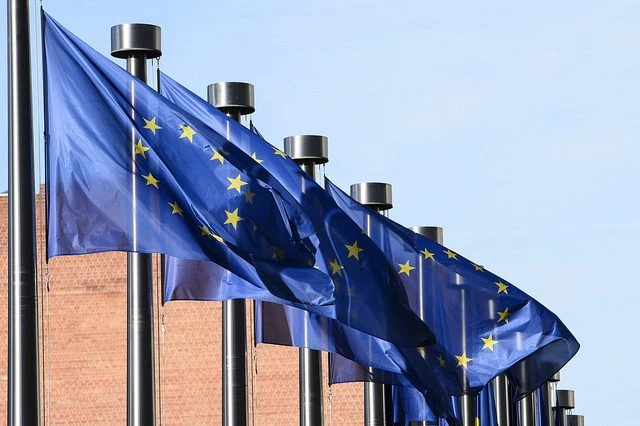EU states failing to protect gambling consumers, EGBA warns

The European Gaming and Betting Association (EGBA) is urging countries across Europe to bolster their protection measures in the online gambling sector after a new report found that Denmark is the only European Union member fully embracing consumer protection guidelines.
Commissioned by the EGBA and published by the City University London, the ‘Consumer Protection in EU Online Gambling Regulation’ review claims EU member states are putting the safety of consumers at risk with inadequate levels of protection.
The study focuses on European Commission Recommendation 2014/478/EU, which, published in July 2014, calls for a high level of protection in all member states in relation to addressing players’ identification requirements, prevention of underage gambling and social responsibility measures.
The EGBA has identified diverse levels of regulation across the EU, exposing players to varied levels of protection. Denmark is the only exception, with evidence of the country having introduced all European Commission measures in full.
The report acknowledges that the Netherlands continues to prohibit all iGaming, although the country is expected to legalise such activities in the coming years, while neither Ireland nor Slovenia have specific regulations in place for online gaming.
“In the main, the primary objective of the Recommendation has not been achieved,” the EGBA report states.
“The legal regulation of online gambling and their practical interpretations continue to substantially diverge between member states exposing online players to varied levels of protection.”
In terms of identification and verification measures, 25 countries legally require players to have an online gambling account in order to access games, while 22 member states require consumers to verify their identity before being able to open an account.
The report noted that 17 countries allow consumers to open temporary accounts while the verification process is completed. However, seven countries – Estonia, Finland, Hungary, Latvia, Lithuania, Portugal and Slovakia – take a much stricter approach, with players not allowed to gamble until verified.
The EGBA also flagged up some concerns over the protection of minors, despite all EU member states having in place an age restriction for playing online games.
Just 13 nations had taken advice on ensuring operators were including ‘no underage gambling’ notices on or during television adverts. Italy has taken this a step further by banning all gambling ads, while Latvia only permits adverts inside gambling venues.
In relation to this, the EGBA highlights how just eight countries in the EU have specific educational activates funded by either national authorities or regulatory bodies.
Social responsibility failings are also identified in the new report, with only 14 EU countries establishing national self-exclusion registers, while no member state has in place a system where consumers are automatically referred to a health group of treatment centre after self-excluding from online gambling.
The EGBA acknowledged that 23 nations oblige operators to offer self-exclusion registers facilities to customers. In 12 jurisdictions, self-exclusion can only be initiated by the consumer in question, while 11 allow for a third party to take action in some way.
In addition, the report highlighted how permanent self-exclusion can be terminated in all countries, although the amount of time that has to pass in order for such a request to be made differs across the EU. France has the longest cooling-off period, with consumers not able to cancel permanent self-exclusion until three years after initiation.
However, despite the apparent failings, the EGBA said the European Commission does not have any further plans for any other gambling-specific initiatives at EU level.
Consumer protection is something of a hot topic for regulators and governments across Europe at present. This week, new UK Sports Minister Mims Davies said she is keen to improve protection for vulnerable people, with meetings planned with gambling and technology executives next week.
The UK Gambling Commission also recently urged businesses and parents to step up efforts to protect children from the dangers associated with gambling, following the publication of a new report that identified a rise in the number of problem gamblers aged 11-16.
Elsewhere, Slovakia has committed to ramping up consumer protection measures, with a new Gambling Act, which will also open its online market to private operators, having been approved by the country’s parliament.
Image: Wiktor Dabkowski
